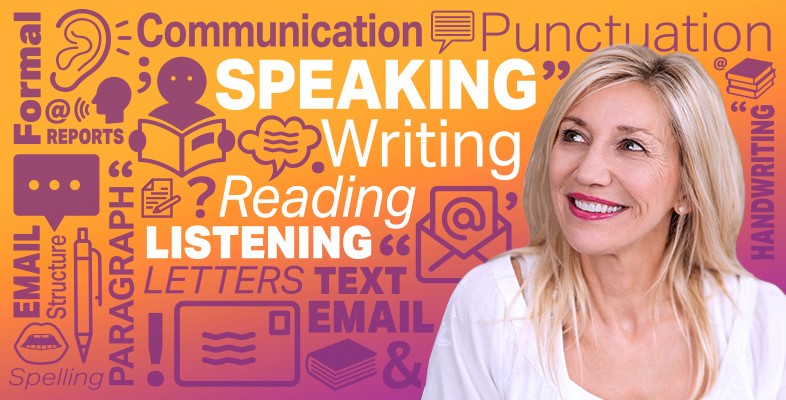4.7 Making your point
Whenever there is a group of people together there will be some who have more to say than others and some who are comfortable letting others do the talking. All of them have views that are equally valid. You will look now at how to get people’s attention when you want to say something.
Imagine the situation: a discussion is in full swing, you keep opening your mouth to speak, but no one seems to notice. You feel you have something important to say. What do you do?
Some people have the knack of getting attention when they open their mouths. Some have to think about strategies to use.
Two people you know are involved in an intense discussion. You need to interrupt to ask one of them to give you a lift later in the day. You go up to them hoping that they’ll notice you want to speak, but they just carry on talking.
You will probably say something like:
- ‘Sorry to bother you but ...’
- ‘I don’t want to interrupt; I just want to ask quickly …’
In this way you acknowledge that their conversation is important but still get to say what you want.
Likewise, there are times when you want to get your own point across in a discussion but everyone else is talking and you don’t get a chance. There are ways of interrupting:
- ‘May I make a point here?’
- ‘I’ve been listening to all that’s been said. I think …’
- A loud ‘er’ can be very effective!
Depending on what stage the discussion is at, you may need to use different strategies. It may be that you’ve been wanting to say something and have been waiting for an opportunity. Now the discussion has moved on, but you still think that what you have to say is important. You could say:
- ‘May I return to the point you were making earlier about ...? I think ...’
Always make sure that you are following the discussion and that your points are relevant. It helps to get other people’s attention if you introduce what you are going to say, for example:
- ‘There are two points I think we need to consider here ...’
Activity 31 Self-reflection
Think carefully about how you behave when discussing things with other people. How do you feel? What do you do? What do you say?
Discussion
You might recognise yourself in one or more of the following:
- I have a lot to say and I say it.
- I enjoy listening to different points of view.
- I’m conscious of how other people are reacting even if they don’t say anything.
- I prefer to sit quietly and let other people speak.
- I feel embarrassed speaking in a group.
- People don’t listen to me. I can never get a word in.
- I have strong opinions.
- I’m easily influenced by others.
After working through this section, how do you think you need to change when discussing things with people?
